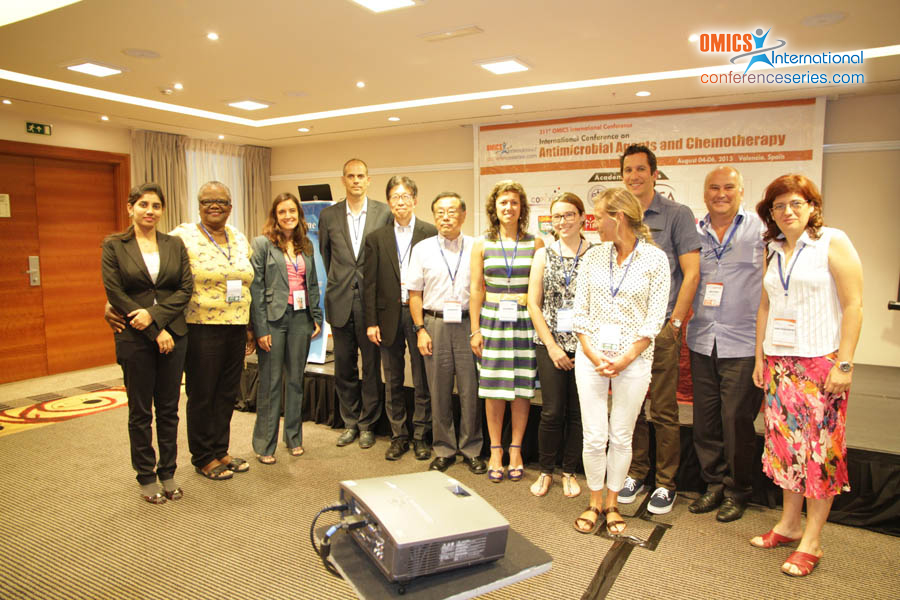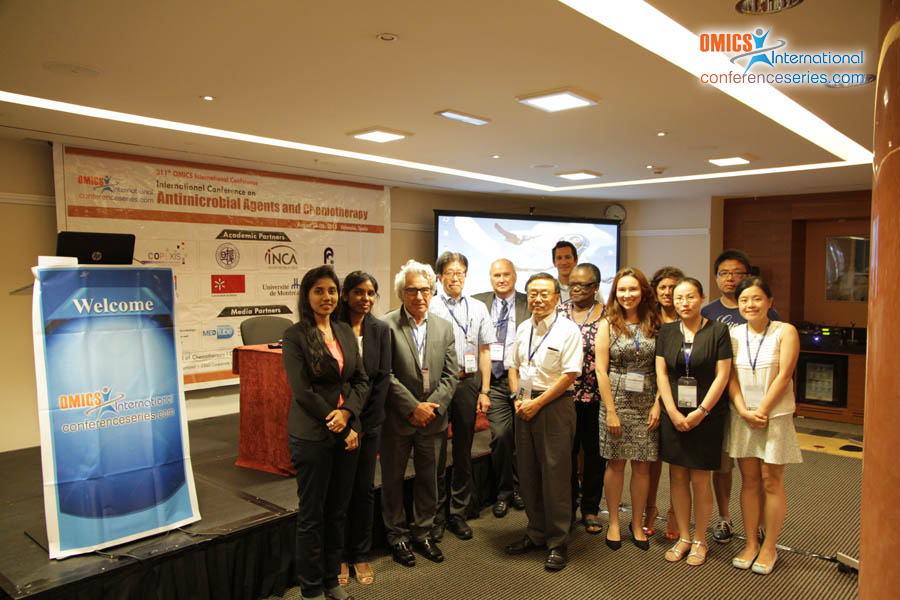
Isabel Portero Sanchez
Complutense University School of Medicine, Spain
Title: Drug discovery through traditional medicines
Biography
Biography: Isabel Portero Sanchez
Abstract
The history of the discovery of new medicinal products have been “monopolized†by chemical agents for centuries, which it is to be said, they have offered the vast majority of important contributions to Medicine. For this reason, drug development has always been an issue of chemists and chemical engineers. Still, traditional “small drugs†(chemicals) are the most numerous and useful medical treatments we currently use to deal with many diseases. In the 80´s a new player entered that has revolutionized the treatment of many diseases: Molecular antibodies produced in living organisms factories. There medicines are classified into the term “Biotechnological drugsâ€. There is no doubt of the enormous contribution of biotechnological drugs to cancer or immune diseases clinical management. Lately, in the past 15 years, a new paradigm in drug development has been broken. Now it is not only molecules that can cure, but the cells themselves acting as medicinal products. In addition, the old idea of using genes to cure diseases, replacing wrong copies or inserting those that lack, has experienced a huge growth and development. As a result, we were ready for a new drug development scenario in which cells and genes are medicines, being called “Advanced Therapies†by EMA and FDA. Advanced Therapies drug development has a unique regulation, different from chemical and classical biotech products. Not only is the law differently, but also the processes themselves vary. Allogeneic v’s autologous source, manufacturing in cell factories, preclinical studies in which (for example) ADME does not apply, clinical studies designed differently from traditional Phase I-III trials. All these aspects and challenges foreseen for the upcoming future will be discussed in deep in this workshop.


